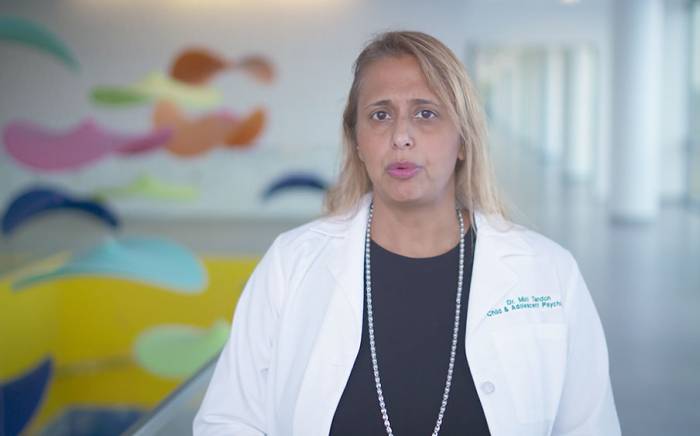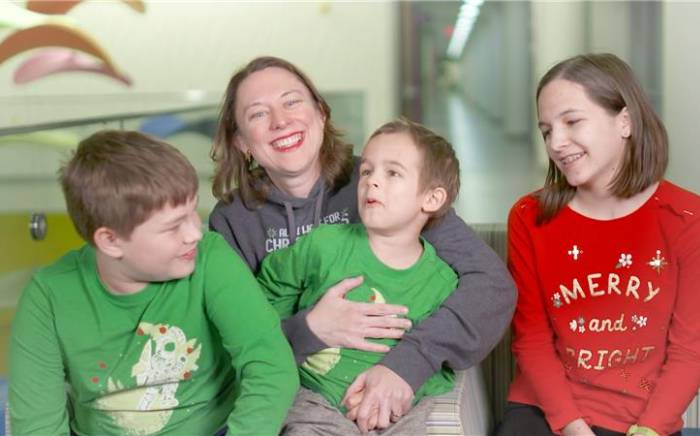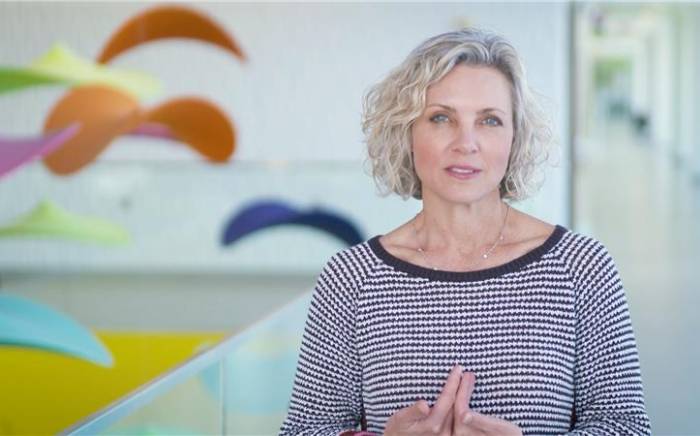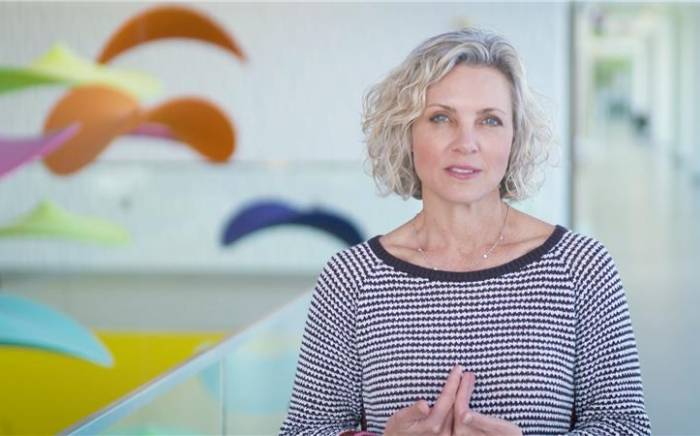When Brandon Dennis was diagnosed with a brain tumor at five-years-old, the last thing on his parents’ minds was his hearing.
After brain surgery, two years of chemotherapy and six weeks of radiation, the cancer went away. But slowly, in the years that followed, Brandon’s hearing also began to go away.
The aggressive therapies that killed the cancer cells in his brain took a long-term toll on his auditory function.
“He wasn’t understanding us at all,” explains Tanya Silvey, Brandon’s mom. “We’d have to tell him the same thing five or six times and he would be right there watching us move our lips and he still couldn’t comprehend what we were saying.”
Brandon’s experience is not uncommon. The success rate in treating pediatric cancer has grown from 30 to 80 percent in the last three decades. But as more children survive their cancers, more are now discovering the long-term consequences of those life-saving therapies, referred to by physicians as ‘late effects.’
A child’s late effects will depend on his or her individual course of treatment and can affect any organ or system of the body. They include cognitive impairments such as learning disabilities, ADHD, hyperactivity and developmental delays. They include weight or growth abnormalities or fertility problems. Also possible are sensory impairments such as hearing loss.
In December 2006, nearly six years after his initial diagnosis, Brandon was fitted for a hearing aid. The difference was amazing.
“He can understand me better,” says Tanya. “I don’t have to shout. Normally I had to tap him on the shoulder to get his attention if I was behind him. But now, TVs are a lot lower, computers are a lot lower.”
Having the hearing aid was another important step away from cancer, and closer to living a normal life for Brandon. Identifying hearing loss as soon as possible is something audiologists at St. Louis Children's Hospital hope to do for cancer patients.
“Our goal is to get kids fitted as close to diagnosis as possible,” says Sue Hayashi, audiologist. “It made Brandon’s world so much more hearable. It made his world much easier to live in. It made him feel better about himself. The sooner we can make that happen, the better."







